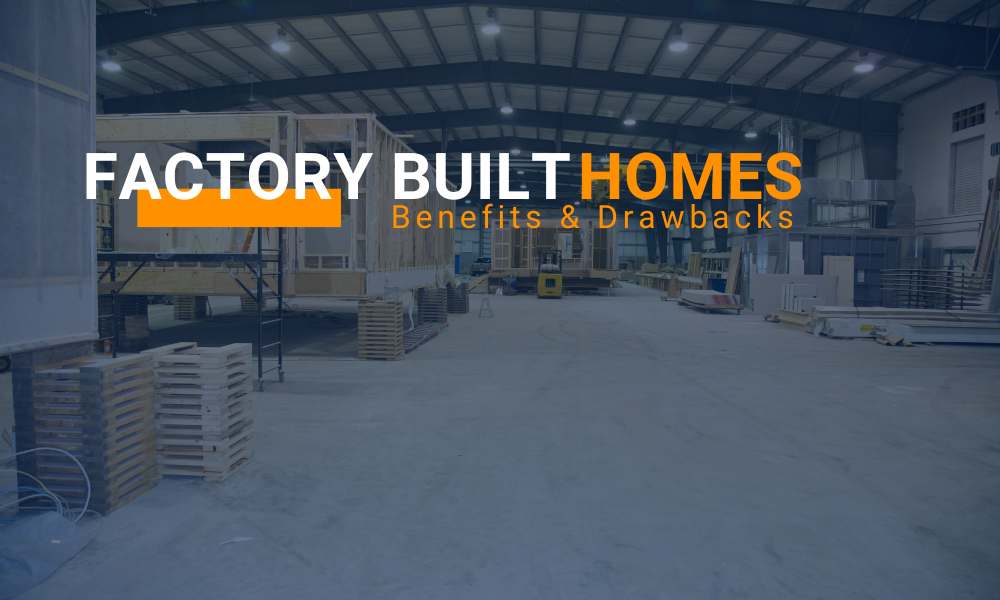Modular and Factory-Built Homes: Weighing the Pros and Cons
Traditional site-built homes are expensive and take a long time to build. But there’s a better way: Modular and factory-built homes are a new way of building custom homes and are truly the future of home construction. While these homes offer several benefits, they also have some issues that buyers should consider before making a purchase decision. In this post, we will explore the pros and cons of modular and factory-built homes. But first, the benefits.
Benefits of Modular and Factory-Built Homes
Affordability
One of the biggest advantages of modular and factory-built homes is their affordability. These homes are typically less expensive than site-built homes because the manufacturing process is more efficient and requires less labor. Companies like Boxabl have pioneered highly sophisticated manufacturing processes that can build tiny homes in record time. That’s why they have raised over $140 million dollars from over 40,000 investors. You can now order a decent factory-built modular home for less than $100,000.
Faster Construction
Another advantage of modular and factory-built homes is that they can be constructed much faster than site-built homes. Since the modules are made in an assembly plant, it takes less time to build a fully functional home. Contractors do not have to deal with delays and work stoppages caused by bad weather.
Consistent Quality
Given that the construction of modular and factory-built homes is done in a controlled environment, there is more consistency in quality across all modules. This means all buyers can be assured that their home is built to the highest standards.
Customizable
Modular and factory-built homes can be designed and changed to suit the buyer’s tastes, giving them many options for layout, finishes, and features.
Now let’s review the drawbacks.
Drawbacks of Modular and Factory-Built Homes
Even though modular and factory-built homes can be changed, they may not have as many design options as homes built on-site. This is because the modules have to be built in a way that facilitates transportation and on-site assembly.
Permits and Zoning
Local governments have zoning rules that regulate what types of structures can be erected where. This makes it harder to secure a license to set up modular homes. This is not to mention the various inspections and permits needed before the tiny home can be set up.
Transportation and Assembly
It can be hard to move and put together modular and factory-built homes, and you may need special tools and know-how. This can add additional costs to the overall construction budget.
Resale Value
Modular and factory-built homes may have a lower resale value than site-built homes. This is because they are typically viewed as a less expensive option and may not have the same level of customization as site-built homes.
Conclusion
Modular and factory-built homes have a lot of advantages over traditional homes built on-site, such as being cheaper, built faster, having consistent quality, and being easier to customize. But buyers should also think about the possible downsides, such as limited design options, problems with permits and zoning, problems with transportation and assembly, and a possible lower resale value. In the end, the decision about whether to buy a modular or factory-built home should be based on the buyer’s needs and preferences as well as all the pros and cons. Need more info? Visit the Boxabl FAQ page.
